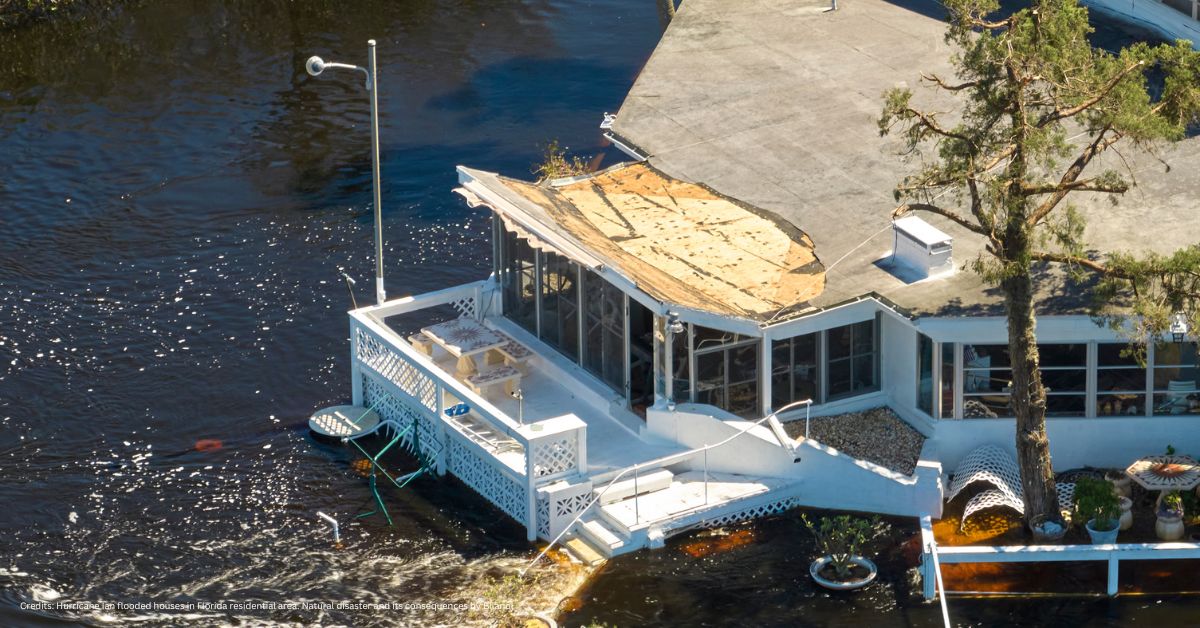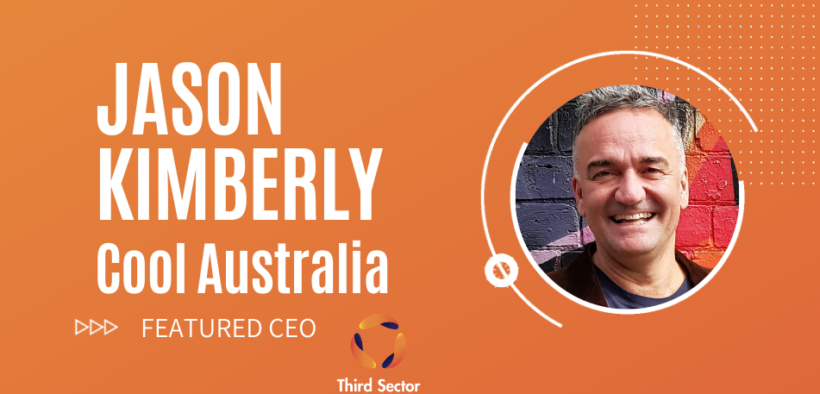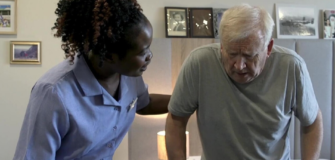On returning from a trek in Antarctica in 2005, Jason was researching a book he was writing about on adventures and discovered how much humans are failing the planet.
He said our life support system was being wrecked and few people seem to realise. He suspected education was a large piece of the puzzle.
Tell us more about how education inspired you to carve out a career in the not-for-profit sector?
After asking some teachers I knew, I discovered that most of the education was rather dry and boring and relatively uninspiring. It all seemed so pointless and depressing, so I decided to do something about it and Cool Australia was born.
Cool Australia is a not for profit organisation that creates online lessons for teachers and students to try and turn the dial. Since then we have expanded our remit beyond our environment to include economic and social sustainability. This enables Cool Australia to impact the entire school program.
How and why did you create education programs? How did you make them informative and engaging?
The need for Cool Australia was driven by a distinct lack of meaningful, real world, engaging resources with a call to action available to teach. Teaching materials available at the time were prescriptive and uninspiring.
Our team of three sat down and discussed everything we wanted to be taught at school but didn’t make it into the classroom. We created a list and spoke with teachers about our ideas. They threw their support behind our ideas and offered to help. We created our lessons to reflect real world learning.
For example, teaching maths through measuring the health of fish stocks, farming productivity, using numbers for running a business and more.
We teach English through important issue driven film and documentary. They are all real–world activities that engage students in the subject matter through real world meaning and application.
Why do you think it’s important to open an organisation like Cool Australia?
We launched in 2008 with the simple idea to help make education interesting, practical, meaningful and engaging and people thought we were crazy.
We were advised by many people to quit whilst we were ahead and were told it our idea would never work.
This really encouraged me to follow this passion as we knew how important it would be to the education sector. We wanted to deliver a different model of education with inquiry, action based, real world learning at its heart.
We knew that our product would produce energised and active kids with a positive mindset.
What does it mean to be an altruistic-realist?
It means being a dreamer, a thinker and imagining what is possible. It was critical for me, with no knowledge of education or the digital world, to surround myself with experienced educators and digital experts and using this highly skilled team to create a program and execute it with strong application.
Being an altruistic-realist meant working as an unpaid volunteer and staying focusses to get the NFP up and running to enable make Cool Australia’s high quality education services free of charge to the end user.
So, what does the future look like for the organisation in terms of democratization of real world education?
The future is bright. We are currently over-represented in suburbs and regions of economic and educational disadvantage in Australia, so our work is greatly appreciated by those teachers who are unable to otherwise access high quality education.
Cool Australia has recently acquired the domain Cool.org to facilitate international expansion.
We have successfully tested in New Zealand and more than 6% of our audience already comes from overseas we feel the time is now to offer Cool.org to the world.
Pearl Dy is a community manager and journalist. She is passionate about business and development particularly involving not-for-profits, charity and social entrepreneurship.























































































































































